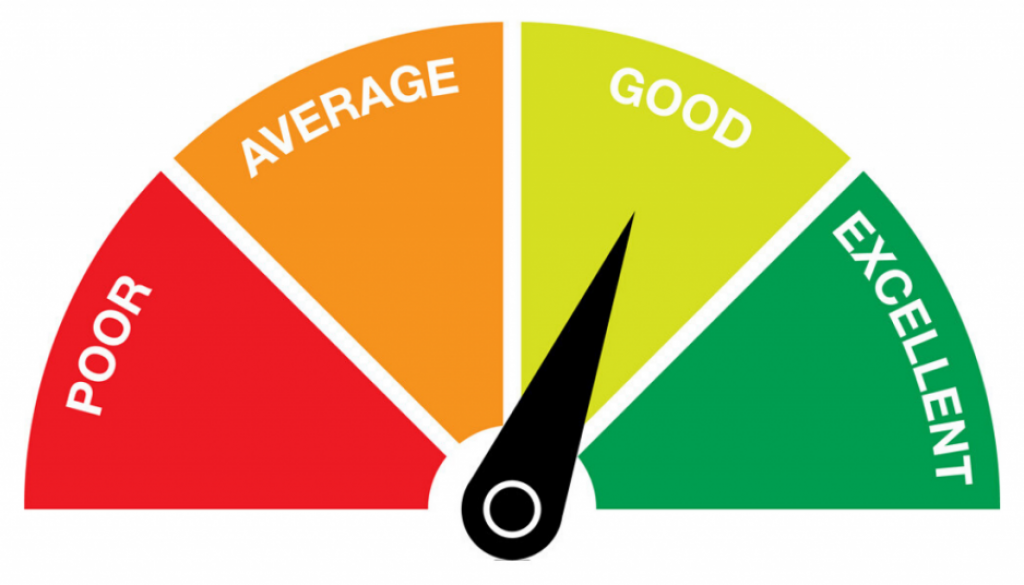
Your credit file plays a vital role when you are applying for finance, including when you are going for truck finance or an equipment finance loan. However not everyone knows their credit score or what are the compounding factors that affects their credit score.
Your credit score is based on a range of information, including:
- Repayment History
- Overdue Debts
- Number of Credit Enquiries
- Type of Credit Enquiries you apply for
Banks & Lenders use this information when determining your credit worthiness and the likelihood of whether you will be making your loan repayments in the future.
If you have a low credit score, it could affect your ability to secure an equipment finance loan. Especially with the Major Banks. However, there are ways to improve your score and chances of obtaining a finance approval for your Truck Finance or Equipment Finance. You will need an experienced Asset Finance Broker on your side.
We have listed the top 6 factors that can affect your credit score:
1. Multiple Credit Enquiries
Shopping around for credit can have a negative impact on your credit report, each time an application is submitted to a lender, they will place a mark against your credit file. The more credit enquiries you have in a short period of time could be an indication that you potentially are not getting your finance approved. Multiple credit enquiries for finance will result in the bank/lender being more cautious about your application as they know you have gone to multiple banks/lenders for finance.
How To Fix:
Before applying for an equipment finance loan, speak with a specialised Asset Finance Broker. An experienced Asset Finance Broker will know exactly which lenders to submit your application to base on your individual circumstances, therefore limiting the amount of credit enquiries on your credit file. It’s pivotal you have an experienced equipment finance broker that knows the lending landscape and takes protecting your Credit file very seriously.
If you do have lots of credit enquiries on your credit file, the best thing to do is to not make any further enquiries for an extended period of time, to allow the most recent history to become less cluttered and older enquiries to drop off (approximately 5 years).
2. Too Much Debt
The more financial commitments and personal debt you have will greatly impact your loan application. These are listed on your credit report as ongoing commitments, so you can’t hide them from the bank. Your Credit Score can drop if you are not meeting your Current Finance Repayments on time. This can be personal finance commitments such as a Personal Loan or Commercial Finance Commitments such as a Truck Loan.
To add further, Credit cards can greatly affect your borrowing ability and the more credit cards you have and the larger the limit it can restrict your borrowing capacity. Despite have a $0 balance, lenders will assess your application using the credit card limits
How to Fix:
If you have numerous credit cards with large limits, the best thing you can do is pay off as much as possible and reduce the limit or pay them out and close them off
Before applying for an equipment finance loan, always be upfront if you have ever missed a finance repayment with one of your commitments. It is always best to meet your current finance commitments as this will keep your score high.
3. Payday Lenders
A Payday loan is a small, very short term loan. The loan amounts are usually between $100 and $2,000 and the loan terms are usually between 16 days and one year.
Payday loans are one of the most controversial finance products in the market. However, there is no question that paydays loans do affect your credit rating, a bigger question is perhaps whether they have a negative or positive impact.
Payday loans may end up contributing to a lower score, even if you prove to be a reliable borrower and never make a late payment, the fact you are reliant on paydays loans can be a signal that your regular financial management isn’t as good as it should be.
Who are Payday Lenders in Australia?
Some of the top payday lenders in Australia include:
-
- Cash Converters
- Nimble
- Wallet Wizard
- Sunshine Loans
- CashnGo
4. Not Paying Bills on Time
An overdue bill that is at least $150 can be listed as a default on your credit report once it is 60 days or more overdue. Repayment history is being brought into credit reports gradually. Lenders can see the repayment history on your credit including credit cards, personal loans and home loans. If you have defaults or your repayment history on your credit report shows that payments are always late, this could impact your chances of an approval.
How to Fix:
The only way to fix this is to pay your bills on time! Set a reminder for the day before it is due or use direct debit and schedule automatic repayments. This way, you won’t have to worry trying to remember due dates
5. Not Fixing Errors
Errors can sometimes appear on your credit report. These can include unauthorised enquiries, incorrectly listed defaults and wrong details of enquiries. At the end of the day, it is your responsibility to get this amended or removed. If you don’t, they could negatively affect your credit score and could impact your chances of obtaining a loan in the future
How to Fix:
Check your credit report every 12 months so that you are up to date with what is listed, and you can fix errors straight away.
If there are any errors, you can contract the company that made the listing and dispute listings and if incorrect get them to remove it or change it.
Need to check your Credit File? Equifax offers a free Credit Report every 12 months. You can find the details here: https://www.equifax.com.au/personal/help-centre/credit-reports/get-my-equifax-credit-report
6. Having a Credit Default
A default refers to an overdue debt of $150 or more and has been overdue for at least 60 days before a creditor can list it as a default on your file. These include overdue payments to lenders such as telco providers and credit card issuers. Defaults remain on your credit report for 5 years, even when it has been paid, the status will change from “Outstanding” to “Paid”.
However, not all defaults are the same.
Telecommunication or Utility Defaults
In Asset Finance, it is still possible to obtain finance with unpaid defaults if they are telecommunications (Telstra or Optus) or utility company defaults (such as AGL). Some lenders may request that these are resolved prior to your asset finance loan settling, other lenders may disregard these altogether and not require them to be paid.
Other Financier or Lender Defaults
It is very difficult to obtain asset finance if you have outstanding defaults to another financier or lender such as personal loan or another asset finance loan.
Some lenders will want these resolved prior to an approval; however, some leniency may be given if the size of the default is quite small.
Outstanding Court Judgements / Writs
If a court judgement has been finalised and ordered in the courts for you to pay, it will depend on who placed the judgement on your file and for how much will be dependent on whether you could still obtain asset finance without having to finalise the judgement. Supporting documentation will be required and if you are still appealing this in the courts with good reason may also be overlooked by some lender.
How to Fix:
If you believe you have a credit default listed on your Credit file which is incorrectly, you can apply to have these removed and will improve your credit score.
Need assistance to fix your credit score and remove incorrect listings? We would recommend you get in touch with the team at Credit Fix Solutions https://creditfixsolutions.com.au/
At Yakka Finance, we are experts at protecting your personal and company file and take our clients credit files very seriously.
Want to know more?
Please feel free to call Scott Rumble on 0401 214 427 or email at scott@yakkafinance.com.au to find out more.



